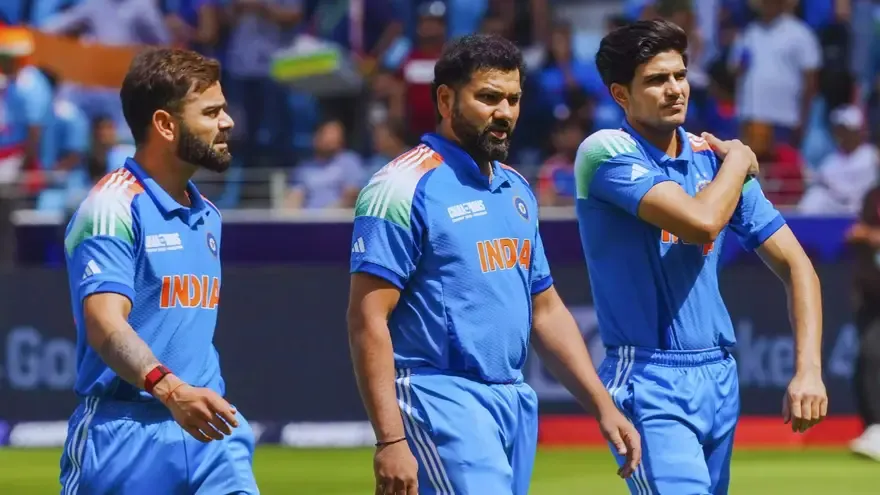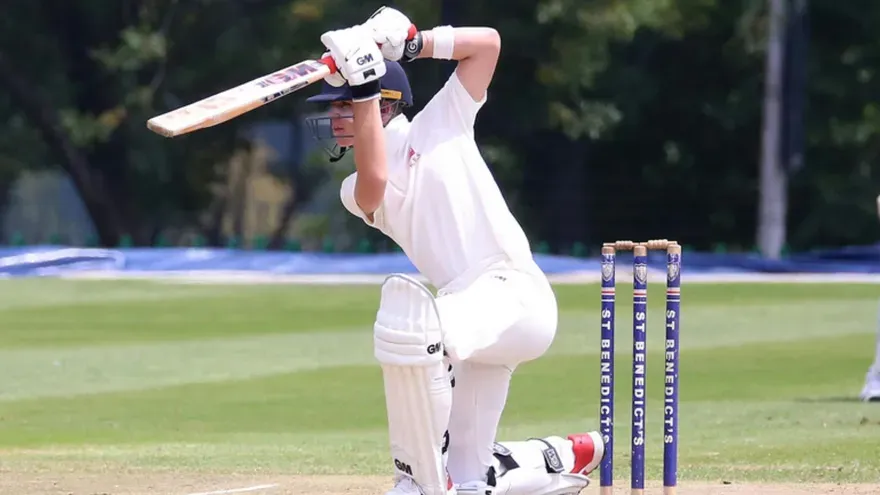1987 was the year when the Cricket World Cup moved to a new era. This was the first time the World Cup tournament was organized outside England and also called the Reliance Cup instead of the Prudential cup like first three editions. Then BCCI secretary at that time, a certain Jagmohan Dalmia, played a key role in bringing the World Cup to the sub-continent which was jointly organized by India and Pakistan. Another big change for this World Cup was that the number of overs per innings reduced from 60 to 50.
New Era, New Favorites
The hosts were also the two strongest teams in that World Cup. India’s World Cup win in 1983 saw the interest of the common public towards the game of cricket increased much fold. India also had a strong team with the core of the 1983 squad including Kapil Dev, Sunil Gavaskar, and Dilip Vengsarkar. On the other hand, Pakistan cricket team had big names like Imran Khan, Javed Miandad, Salim Malik. There were also youngsters and future legends like Mohammad Azharuddin and Wasim Akram. These two teams were favorites mainly due to the home conditions they were playing in. They were expected to get benefit from the dry and spin friendly tracks. They met each other in the final of World Championship of cricket in Australia in 1985 when India emerged victoriously. No wonder, the cricketing circuit had high expectations.
Group Toppers
India shared Group A with Australia, New Zealand and Zimbabwe whereas Pakistan shared Group B with England, West Indies, and Sri Lanka. Both went on to win five out of six matches they played. India’s first match saw one of the closest matches in the history of ODI cricket that Australia won by just one run. India led the points table at the end of the group matches followed by Australians. India’s second match against New Zealand was a memorable one as Indian pace bowler Chetan Sharma became the first bowler to take a hat-trick in World Cup. While chasing, Gavaskar scored his only ODI century to complete the job within 33 overs.
Pakistan led the Group B table followed by England. West Indies were a big disappointment as for the first time they failed to reach the knock-out stage of any World Cup till then. The match between West Indies and Pakistan at Lahore saw a great moment of sportsman spirit. With Pakistan needing two runs to win with their last paid batting, Courtney Walsh refused to attempt mankading Saleem Jaffar. The two neighbouring countries and arch-rivals expectedly qualified to the Knock Out stage.
Knocked Out

The semifinals saw India and Pakistan fighting with England and Australia respectively. Although Imran Khan produced a magnificent spell to scalp three wickets for just 17 runs in five overs, Australia were too good to be stopped. David Boon’s 65 along with 38 from DM Jones, 48 from Mike Veletta, unbeaten 32 from Steve Waugh and 31 from Geoff Marsh helped Australia put a mammoth score of 267/8. It was considered to be a high score in those days. Pakistan openers failed miserably but the middle order showed resistance. Javed Miandad scored a 103-ball 70 and Imran Khan delivered with the bat again to add 58 runs. But they fell short of 18 runs and were out of the tournament.
Next day it was almost a repetition. Graham Gooch scored a brilliant 115 off 136 balls to give a solid start, although parted by his partner early. Later Mike Gatting scored a half-century and England set a total of 254/6. Maninder Singh scalped three wickets and Kapil Dev took two more to restrict England somewhat. Although Sunil Gavaskar went too soon, Kris Srikanth (31) followed by the middle order tried to chase it down. Mohammad Azharuddin scored 64 runs to lead the chase. Indian middle order had too many midsize scorers but nobody could convert the start to big innings. With 50 required for last five wickets, there was a collapse and India finally lost by 35 runs.
The Finale
The tournament finale saw Australia finally won its maiden World Cup. It was the closest World Cup final till date as Australia’s margin for the win was just seven runs. David Boon again top scored with 75 and Veletta scored another brilliant 45 off 31 balls to give Australia the final push and took them beyond 250. Despite an early wicket, with 135 for 2, the chase looked on track with captain Gatting batting with top scorer Bill Athey. But Gatting played a reverse sweep to his opposite number Allan Border, mistimed and got caught by the wicketkeeper. This turned the match to Australia’s favour and they defended 17 runs in the last over to win by just seven runs. It was a great victory for a young team and captain Border.
But interestingly Imran Khan and Maninder Singh featured in the highest wicket-takers’ list with 17 and 14 wickets respectively.
After the tournament, Imran Khan announced his retirement from international cricket. But he was later forced to reconsider the same and it eventually ended on a happy note as Pakistan finally lifted the trophy in the 1992 World Cup Down Under.














